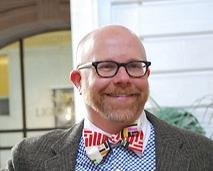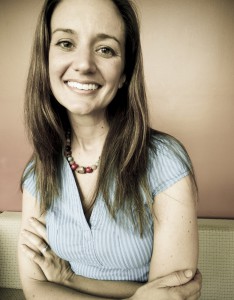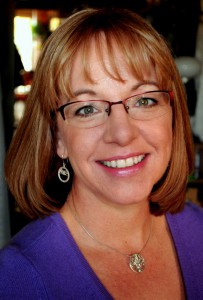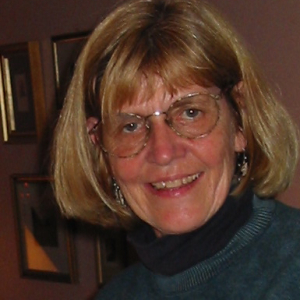Profiling Great Sexuality Educators includes interviews that originally appeared on the website of The Center for Sexual Pleasure and Health and is adapted and reprinted with permission.
Interview with Kira Manser
1. What do you do in the field of sexuality?
I am a sexuality educator, student, and community organizer.
2. Where are you based out of?
I am based out of Philadelphia, PA and Providence, RI. I have one foot and half my heart in both cities 
3. What is your focus? What do you do?
 I have a few focuses, in a field as rich and complicated as sexuality it’s hard not to throw your weight behind a few movements and populations. Professionally I have founded and run a sex education collaborative in Philadelphia. We teach sex positive classes, hold community events that support sex-positivity, and do community organizing for gender and sexual minorities. Besides the collaborative, my biggest interest right now is sexuality education/clinical training within medical schools curricula. Also I am diversifying my skill set this year by getting clinical experience as a sex therapist. I am about to start a year long internship working as a individual counselor at theMazzoni Center in Philadelphia which is one of the most active and comprehensive LGBT community health organizations in the country. In all of the different areas of work that I do, I like to focus on spreading the message that sex has an unbelievable potential to be a positive force in people’s lives. I try to get people to invest in the sexual life and find what makes them happy.
I have a few focuses, in a field as rich and complicated as sexuality it’s hard not to throw your weight behind a few movements and populations. Professionally I have founded and run a sex education collaborative in Philadelphia. We teach sex positive classes, hold community events that support sex-positivity, and do community organizing for gender and sexual minorities. Besides the collaborative, my biggest interest right now is sexuality education/clinical training within medical schools curricula. Also I am diversifying my skill set this year by getting clinical experience as a sex therapist. I am about to start a year long internship working as a individual counselor at theMazzoni Center in Philadelphia which is one of the most active and comprehensive LGBT community health organizations in the country. In all of the different areas of work that I do, I like to focus on spreading the message that sex has an unbelievable potential to be a positive force in people’s lives. I try to get people to invest in the sexual life and find what makes them happy.4. What are your particular goals and passions in the field?
My goal is to develop a toolbag of skills- as a therapist, educator, presenter, organizer, and advocate. And then use those skills throughout my life in many different venues to spread the belief that sex is something that can be incredibly healthy and positive. Following that logic I want to put out my support for the belief that people should be allowed to express their sexuality as long as it is consensual.
5. Why did you choose to work in this field?
I think that this field chose me. I’ve always been very comfortable and intrigued by sexuality as a topic, and I think I just naturally followed that path. Working for Miko, a feminist sex shop in Providence for 3 years, really helped me to solidify my passion for working with people around sexuality issues.
6. Where did you go for school/training?
I went to Brown University for Gender Studies and am currently in my third year in a social work and education in human sexual program at Widener University. I was also trained at Miko and have learned SO much in the trail by fire method I have adopted with the work I do.
9. What would you recommend to future sexologists attempting to get into the field?
Sexuality is such a complicated field. Understand that you’re going to be a lifelong learner. There will always be more to know, more complexity to wrap your head around. If you want to be in the field I think you have to be ok with not always having an answer or having things be black or white. There are so many ways to get into the field- working as a social worker, a teacher, a activist, a retail person in a sex shop even!
10. What is the most challenging aspect for you working in this career?
Having to say no to so many amazing projects, ideas, or opportunities because there’s just not enough time to do it all! I want to know and learn about sooo many things!
11. One must read-what would you recommend? Why?
bell hooks – Teaching to Transgress
To talk, let alone teach, about sexuality is a transgressive act in our society. bell hooks really addresses how teaching is a powerful tool in the fight to freedom. She addresses issues of class, race, and power in a thoughtful and productive way. This is a must read for anybody doing education!
__________________________________________________________________Profiling Great Sexuality Educators includes interviews that originally appeared on the website of The Center for Sexual Pleasure and Health and is adapted and reprinted with permission.





